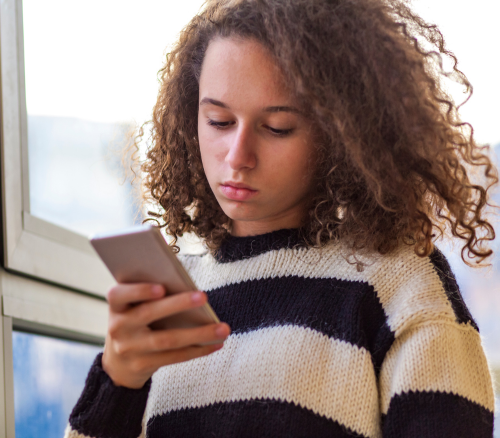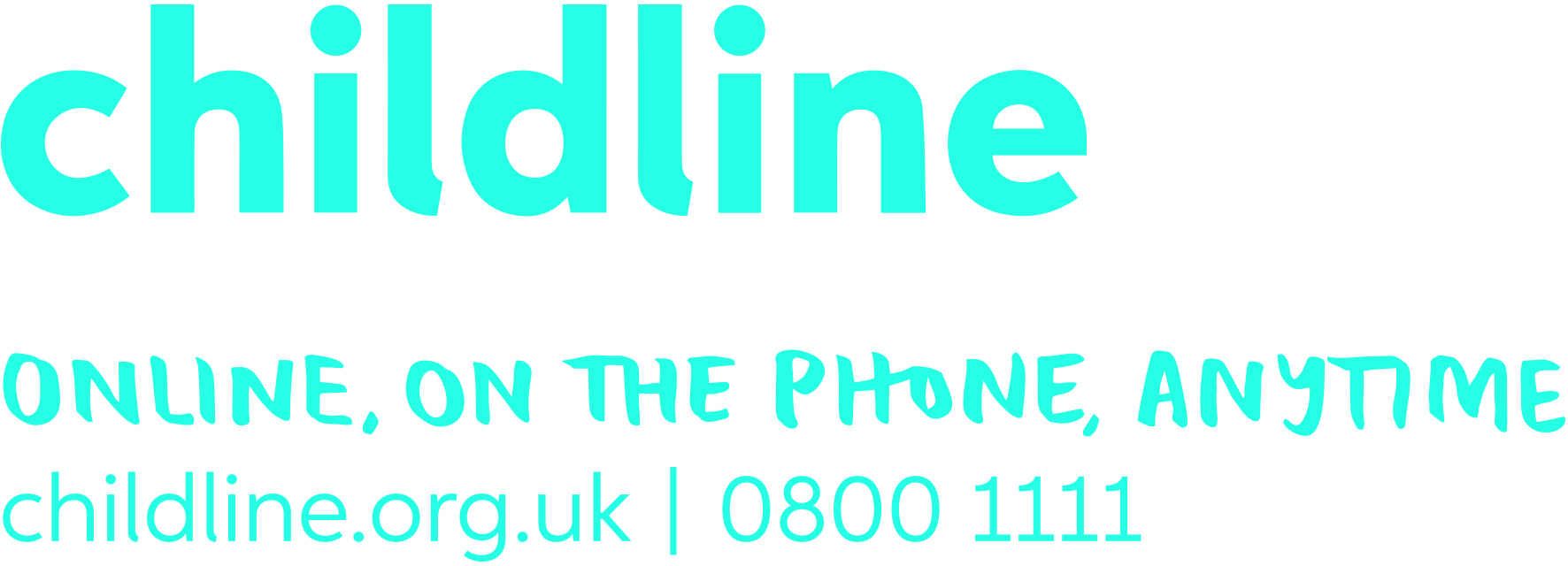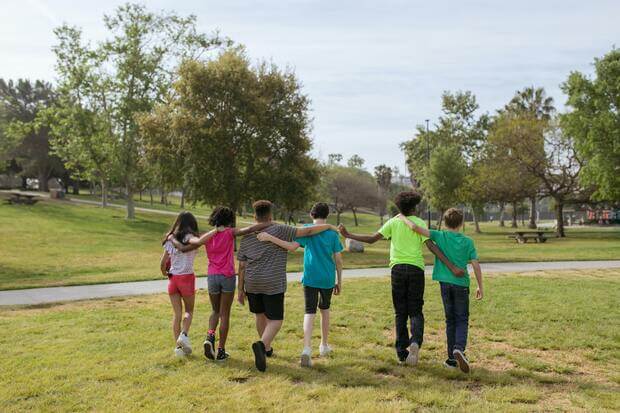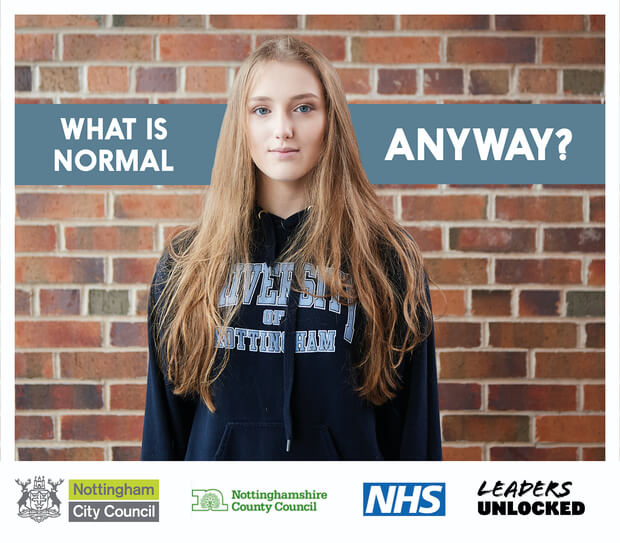What is online safety? Why is it important?
The internet and the ‘online world’ offer so many positive and new opportunities – it can be fun, educational, and exciting. However, sometimes things can go wrong and something which happens whilst we are online can make us feel upset, worried, scared or perhaps a little overwhelmed or anxious.
We all need to know how to stay safe online, and be prepared so that we know what to do if we see, hear or experience something which has made us feel upset or uncomfortable –we all deserve support and help, even if we’ve behaved in a way we shouldn’t have, or if we’ve made a wrong choice. We should also know how to help and support our friends; in case they tell us about something which is happening online that they’d like some help with or in case we think they’re behaving in a way that’s going to make it more likely that they’ll experience harm or become injured.
What are the potential risks?
There are so many different ways in which we can go online now – sometimes we may use phones, laptops or tablets and other times we may use smart speakers like Alexa and Google Home, or TVs and gaming consoles. You may not have your own device, but you may borrow someone else’s, even if it’s just to watch a video or play a game.
Anyone who is online for any amount of time can be at risk of seeing something or experiencing something which makes them feel uncomfortable. Certain online activities can make it more likely that you’ll experience harm, that’s why lots of apps and sites have age limits which are there to keep you safe. But often people don’t purposefully look for things that are going to upset them, it can happen by accident like clicking a link or perhaps being sent content that you didn’t want to see.
There are risks online that can affect people of all ages, so if you’ve been upset by one of these things, it doesn’t mean that you’ve done anything wrong. You deserve help and support.
The 4 Cs of Online Safety:
- Content – the things that we may look at/see/view/watch online (including both accidentally and on purpose).
- Contact – the other people and users that we may interact with online, including on a 1:1 basis, group setting or indirectly witnessing another person’s behaviour – this includes people that we know and don’t know offline.
- Conduct – the behaviour of us and other people which may increase the likelihood that we will experience things that we don't want to, including the way we behave on sites, apps and in general online.
- Commerce (sometimes referred to as ‘contract’) – you need to think about if there could be problems with giving away your personal information and spending money online.
How can we stay safe online?
Here are some top tips from Childline about how you can help to stay safe whilst you’re online:
- Think before you post
Don’t upload or share anything you wouldn’t want your parents, carers, teachers or future employers seeing. Once you post something, you lose control of it, especially if someone else screenshots or shares it.
- Don’t share personal details
Keep things like your address, phone number, full name, school and date of birth private, and check what people can see in your privacy settings. Remember that people can use small clues like a school logo in a photo to find out a lot about you.
- Watch out for phishing and scams
Phishing is when someone tries to trick you into giving them information, like your password. Someone might also try to trick you by saying they can make you famous or that they’re from a talent agency. Never click links from emails or messages that ask you to log in or share your details, even if you think they might be genuine. If you’re asked to log into a website, go to the app or site directly instead.
- Think about who you’re talking to
There are lots of ways that people try to trick you into trusting them online. Even if you like and trust someone you’ve met online, never share personal information with them like your address, full name, or where you go to school.
- Keep your device secure
Make sure that you’re keeping your information and device secure.
- Never give out your password
You should never give out your password or log-in information. Make sure you pick strong, easy to remember passwords.
- Cover your webcam
Some viruses will let someone access your webcam without you knowing, so make sure you cover your webcam whenever you’re not using it.
What to do if you're worried about something you've seen online
If you’ve experienced something online which is making you feel upset or worried, you should try to talk to an adult offline that you trust.
Sometimes it can be really overwhelming to try and deal with it yourself, so you should always try to reach out so that you and your trusted adult can work through it together. Remember, sometimes things happen online which are not your fault, but even if you’ve made a wrong choice – your adult will want to help you.
If you’re being bullied online, it’s important to try and not retaliate – keep evidence (like screenshots) of any messages that you’ve received, until you’ve talked to your trusted adult and reported it. You can report online bullying to your school, and to sites like Report Harmful Content. Remember, you can block accounts online too – so if someone is being unkind, or you don’t like the way they are behaving online, you can block them, and you won’t have to interact with them. Check out Think U Know for more information about blocking people on different apps and sites.
If you need someone to talk to, and you don’t yet feel able to speak with a trusted adult offline – you could speak to an organisation online which is trustworthy and is able to support you. You could contact Childline via their website, they have a telephone number, an email address, and a chat box function.
If you know that your friend is upset about something which they’ve seen or experienced online, you can encourage them to talk to their trust adults offline. Or, if you feel able to, you could report it to your trusted adult so that they can offer next steps and support too. You could also share the websites of support which are linked on this page.
Test yourself to see how much you know about online safety, you could earn your free Phone Smart licence and play games like Bandrunner or Interland.







You Are #NOTTALONE
Follow us on social media and continue the conversation